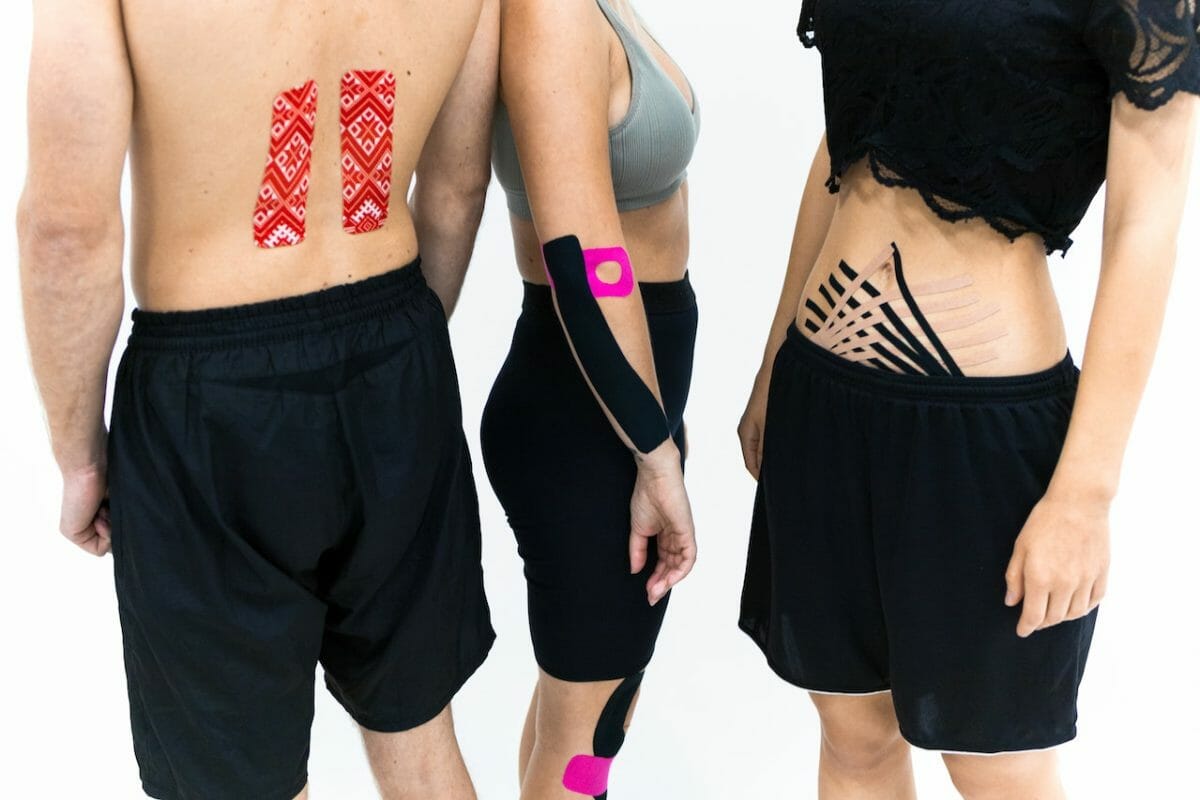In a world that often moves at breakneck speed, where stress and sedentary lifestyles have become the norm, the powerful impact of kinesiology on both our physical and mental well-being has emerged as a beacon of hope.
Kinesiology, the scientific study of human movement, has transcended its traditional boundaries to become a dynamic force driving holistic health and wellness.
From boosting our physical prowess to nurturing our mental resilience, the influence of kinesiology is nothing short of transformative and encompasses a wide range of practices and principles that promote overall well-being. Here are some of the ways applied kinesiology can positively affect physical and mental health:
1. Physical Fitness and Health
Improved Physical Fitness: Kinesiologists help individuals design exercise programs tailored to their specific needs and goals. Regular physical activity can enhance cardiovascular fitness, muscular strength, flexibility, and endurance.
Weight Management: Kinesiology plays a critical role in weight management and obesity prevention. Exercise programs can help individuals burn calories, build lean muscle mass, and maintain a healthy weight.
Disease Prevention: Regular physical activity is associated with a reduced risk of chronic conditions such as heart disease, diabetes, hypertension, and certain types of cancer. Kinesiologists can develop exercise plans to mitigate these risks.
2. Mental Health
Stress Reduction: Exercise, a core component of kinesiology, triggers the release of endorphins, which are natural mood elevators. Regular physical activity can help reduce stress and improve mood.
Anxiety and Depression: Studies have shown that exercise can be an effective adjunct to therapy and medication in managing anxiety and depression. Kinesiology professionals can recommend appropriate exercise regimens to support mental health.
Cognitive Function: Physical activity has been linked to improved cognitive function, including memory, attention, and problem-solving skills. This can contribute to better mental well-being.
3. Rehabilitation and Injury Prevention
Kinesiology plays a pivotal role in both rehabilitation and injury prevention, serving as a cornerstone of physical well-being.
In rehabilitation, kinesiology offers a roadmap to recovery, tailoring exercises and therapies to address specific injuries or conditions. These professionals work in tandem with medical teams to restore mobility, strength, and functionality, allowing individuals to reclaim their lives after setbacks.
Injury Prevention: Kinesiologists can assess movement patterns and identify potential issues that may lead to injuries such as foot injuries. They design exercise programs to correct these issues and reduce the risk of future injuries.
4. Lifestyle Modification
Kinesiology plays a vital role in facilitating lifestyle modification, acting as a catalyst for positive changes in one’s daily routines and habits to promote better health and well-being.
By harnessing the science of movement and the mechanics of the human body, kinesiologists offer valuable insights and strategies for individuals seeking to transform their lifestyles.
Their holistic approach extends beyond exercise and physical activity. It encompasses nutrition, stress management, sleep patterns, and overall well-being.
Kinesiologists serve as knowledgeable guides, helping individuals make informed choices and modifications in various aspects of their lives to achieve their health and wellness goals.
5. Quality of Life
Kinesiology programs for older adults can help maintain independence, improve balance, and reduce the risk of falls. This can significantly enhance the quality of life for seniors. One of the key benefits lies in improving balance, a skill often taken for granted until it falters.
Kinesiology interventions offer a lifeline, helping seniors regain their equilibrium and significantly reducing the risk of debilitating falls, a menace that frequently plagues older individuals.
6. Sports Performance
Kinesiologists delve deep into the mechanics of the body, understanding how muscles, joints, and biomechanics interact during athletic activities. Armed with this knowledge, they design personalized training programs and techniques that optimize an athlete’s physical abilities.
It doesn’t just improve physical prowess; it also addresses mental aspects of sports performance. Techniques such as mental conditioning and stress management are integral components of kinesiology programs, helping athletes maintain focus and composure under pressure.
In essence, kinesiology is the secret weapon behind many successful athletes, helping them achieve peak performance, break barriers, and redefine their limits. It’s the science that turns potential into excellence on the field, track, or court.
To summarize, kinesiology has a substantial impact on both physical and mental health. By promoting physical activity, proper movement, and healthy lifestyle choices, kinesiologists contribute to improved overall well-being, reduced risk of chronic diseases, and better mental health outcomes. It plays a vital role in helping individuals of all ages and backgrounds lead healthier and more fulfilling lives.



